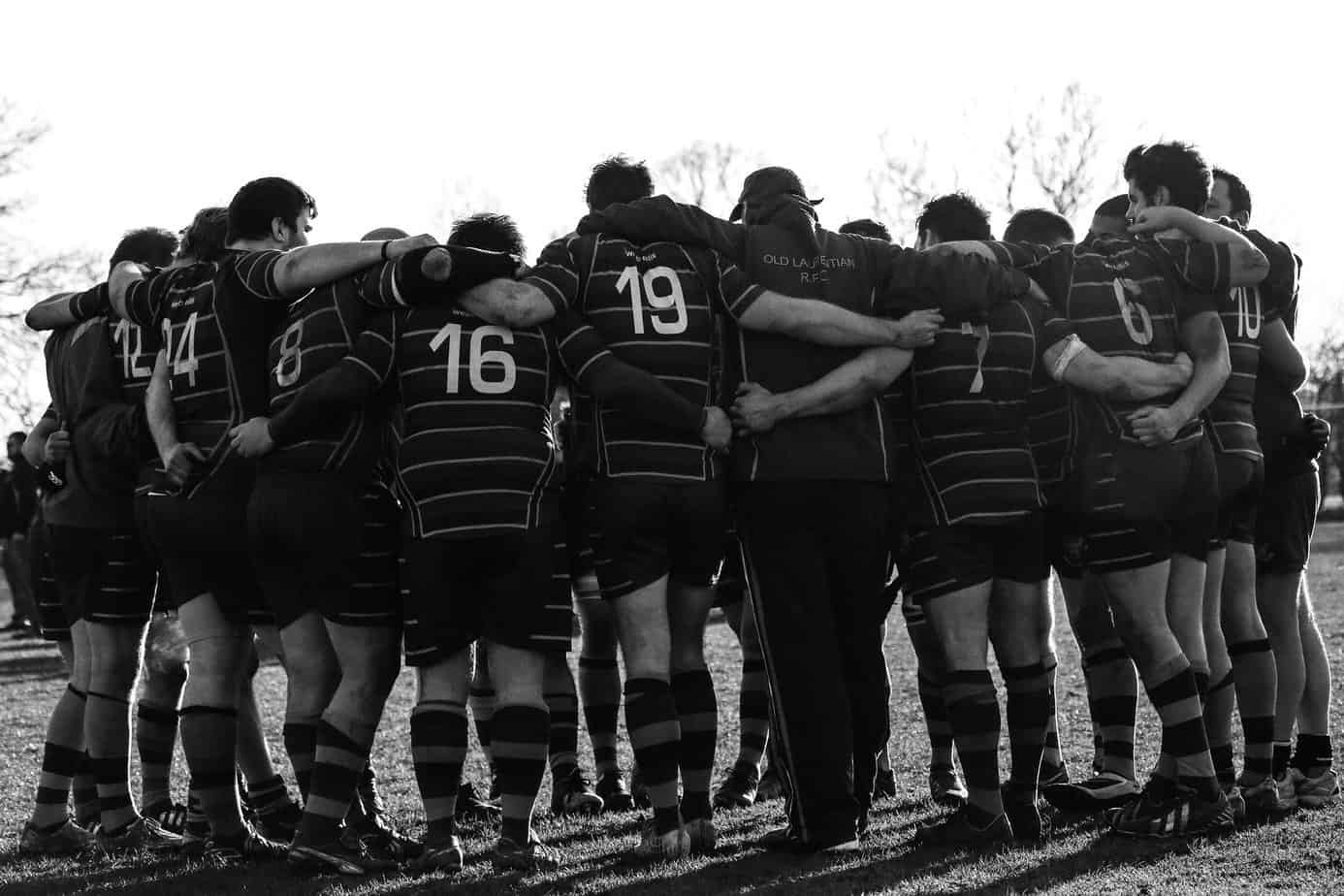Emotional intelligence training in rugby: Does the trainer affect the outcome of emotional intelligence training in elite rugby
Your weekly research review
Contents of Research Review
- Background & Objective
- What They Did
- What They Found
- Practical Takeaways
- Reviewer’s Comments
- About the Reviewer
- Comments

Background & Objective
The role of emotions in sport performance has been shown to be incredibly important (see HERE). Successful athletes are often seen to have good control of their emotions and have stable emotional competencies. It has been previously shown that emotional intelligence (EI) can be trained (see HERE), however, it has also been noted that mental skills training can be seen as time-consuming, and therefore, not suitable for an elite athlete’s schedule. In addition to this, with most sport teams, there is an absence of sport psychologists within the support staff group, and therefore, most – if any – mental skills training is performed by the head coach or other staff. This can obviously have an impact on the success during training.
This study addressed these issues by highlighting the effects of a short-term EI training program fitted in to the schedule of an elite rugby team in the build up to an international game. The study also looked at whether the effectiveness of the EI training was influenced by the member of the coaching staff who delivered it.
What They Found
Ninety-six male 17-year-old elite rugby union players were selected for the study and randomly assigned to either control group or one of three experimental group’s, where the EI training was delivered by different members of the coaching team:
- Sport psychologist
- Head coach
- Member of the medical staff
Emotional intelligence was assessed before and after the EI training and before the match, using the Profile of Emotional Competence (PEC). The EI training program was built into the 1-week preparation period before an international game, with three 1-h sessions delivered by the group’s trainer in the three consecutive days before the game. The control group performed three 1-h game analysis sessions in the same period.
The groups exposed to the EI training were found to:
- Have significant positive effects on emotional competences.
- Better express and regulate their own emotions.
An effect of the specific trainer on the EI training was also seen, with the sports psychologist group showing a significant positive effect on the regulation of the players own emotions. The head coaches’ group was seen to have marginal positive effects on expression of own emotions and the medical staff group found positive effects on the use others emotions.
What This Means
It appears as though emotional intelligence can be improved within an elite team-sports setting when the training is delivered using a group-based approach and over a short-time period. Compared to a control group, EI training can specifically improve the expressing and controlling of players own emotions, however, the training failed to improve some of the other emotional competencies measured by the PEC. Unfortunately though, the time-frame of this study was shorter than other studies where more of a global EI improvement has previously been reported.
It is also interesting to note that the same training delivered by different members of the coaching team can elicit different improvements in emotional competencies, which shows that a previous relationship with the players can be as important as a deeper understanding of the psychology behind managing and controlling emotions.
Practical Takeaways
- EI can be improved in as short a time period as 1 week, with three 1-h sessions, performed on consecutive days.
- Psychological training sessions should be built into the weekly training schedule like any other part of training, with specific sessions of mental training being seen as important as the physical and tactical training.
- This training should be delivered in a classroom environment, using examples, illustrations, videos and exercises taken from the context of the sport the athletes participate in.
- Even if the team doesn’t have a specialist sport psychologist, specific emotional competencies can be developed by other members of staff, if they have some EI training.
Want to learn more?
The full study can be read here.


